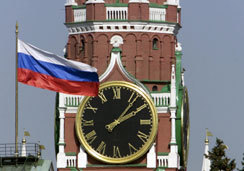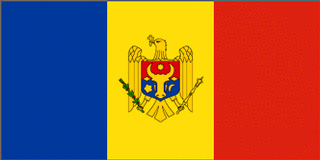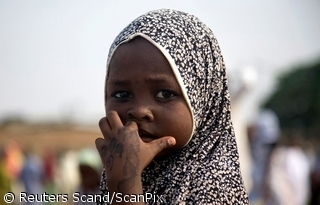Foreign investors seemingly unfazed by Serbia’s numerous economic and political problems
Published:
3 July 2004 y., Saturday
Many western banks and companies are likely to continue investing in Serbia, despite ongoing political instability, the persistence of organised crime and the slow pace of reform.
The narrow victory of the Democratic Party candidate Boris Tadic over his Serbian Radical Party rival Tomislav Nikolic in the June 27 presidential ballot will have come as a great relief to many liberal Serbs concerned that an SRS triumph, on top of all the other problems blighting the republic, would scare off foreign investment.
Far-right gains are thought to stem from the public’s dissatisfaction with the economic reforms of the last few years and the hardships that have accompanied them.
Nonetheless, a number of western investors interviewed by IWPR said that they would continue to regard Serbia as a good bet, even if Nikolic had won - and would only get cold feet in the event of the European Union or the Americans imposing sanctions on Belgrade.
Western investors said they were confident that Serbia would in time develop into an advanced, democratic country. They said they were particularly attracted by the republic’s geographical position – in the heart of south-east Europe - and transport network; educated and skilled workforce; and the willingness of a significant proportion of the population to embrace reform.
Šaltinis:
IWPR
Copying, publishing, announcing any information from the News.lt portal without written permission of News.lt editorial office is prohibited.
The most popular articles
 The European Commission approved an application from Spain for assistance from the EU Globalisation Adjustment Fund (EGF).
more »
The European Commission approved an application from Spain for assistance from the EU Globalisation Adjustment Fund (EGF).
more »
 The European Commission today reiterated the potential of existing EU-rules on mediation in cross-border legal disputes, reminding Member States that these measures can only be effective if put in place by Member States at national level.
more »
The European Commission today reiterated the potential of existing EU-rules on mediation in cross-border legal disputes, reminding Member States that these measures can only be effective if put in place by Member States at national level.
more »
 Exports of animals and animal products from the European Union to Russia are expected to receive a boost after five new certificates for exports between the EU and the Russian Federation entered into force on August 15.
more »
Exports of animals and animal products from the European Union to Russia are expected to receive a boost after five new certificates for exports between the EU and the Russian Federation entered into force on August 15.
more »
 World Bank Group President Robert B. Zoellick visited Moldova on August 11-12 at the invitation of Prime Minister Vlad Filat.
more »
World Bank Group President Robert B. Zoellick visited Moldova on August 11-12 at the invitation of Prime Minister Vlad Filat.
more »
 These are the financial results of the banking activities of the Danske Bank Group in Lithuania (Danske Bankas and Danske Lizingas UAB).
more »
These are the financial results of the banking activities of the Danske Bank Group in Lithuania (Danske Bankas and Danske Lizingas UAB).
more »
 The European Investment Bank (EIB) today signed its first loan agreement with Armenia.
more »
The European Investment Bank (EIB) today signed its first loan agreement with Armenia.
more »
 Given the worsening food crisis in the Sahel, the Commission today agreed to disburse €14.9 million for food security in Niger, the worst affected country in the area.
more »
Given the worsening food crisis in the Sahel, the Commission today agreed to disburse €14.9 million for food security in Niger, the worst affected country in the area.
more »
 The European Commission has cleared under the EU Merger Regulation the proposed restructuring of Arnotts' debts in return for a transfer of control to Anglo Irish Bank and Royal Bank of Scotland (RBS).
more »
The European Commission has cleared under the EU Merger Regulation the proposed restructuring of Arnotts' debts in return for a transfer of control to Anglo Irish Bank and Royal Bank of Scotland (RBS).
more »
 The European Commission today approved a new financial support package of €135 million for Morocco.
more »
The European Commission today approved a new financial support package of €135 million for Morocco.
more »
 The European Commission is allocating an extra €10 million in humanitarian aid for Liberia.
more »
The European Commission is allocating an extra €10 million in humanitarian aid for Liberia.
more »